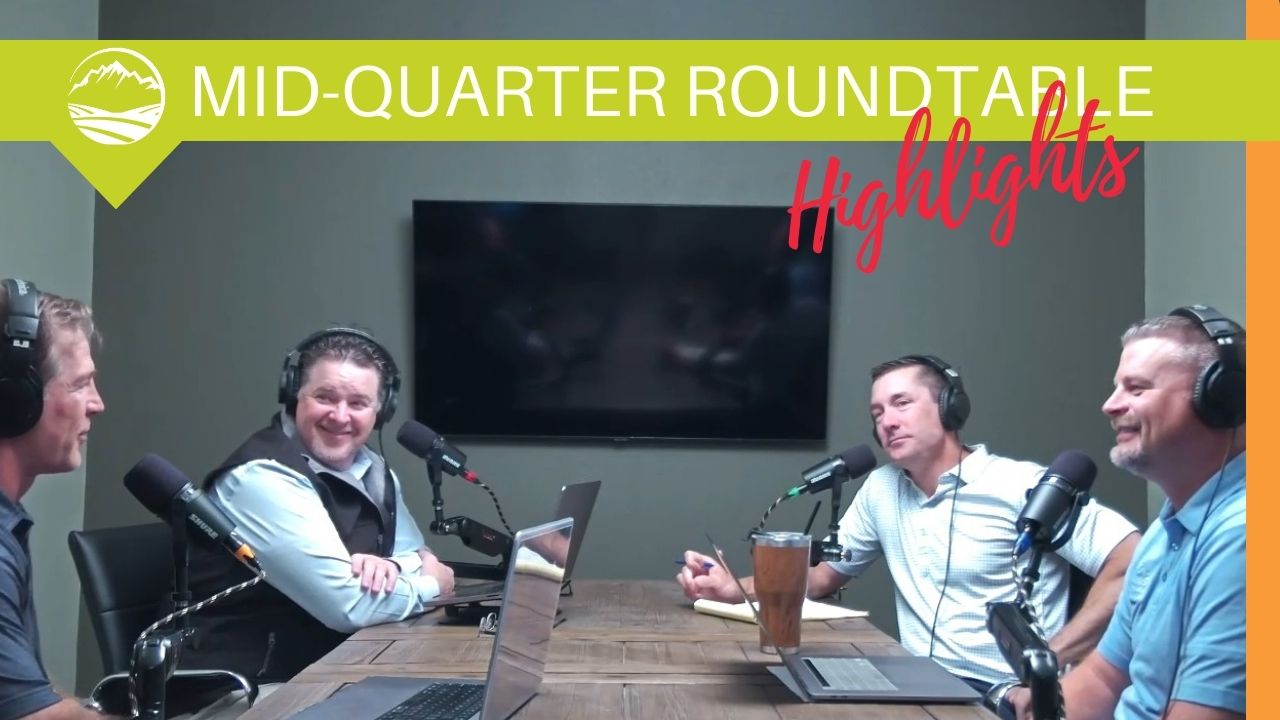You are now leaving the Strong Valley Wealth & Pension, LLC ("Strong Valley") website. By clicking on the "Schwab Alliance Access" link below you will be entering the Charles Schwab & Co., Inc. (“Schwab”) Website. Schwab is a registered broker-dealer, and is not affiliated with Strong Valley or any advisor(s) whose name(s) appears on this Website. Strong Valley is/are independently owned and operated. Schwab neither endorses nor recommends Strong Valley. Regardless of any referral or recommendation, Schwab does not endorse or recommend the investment strategy of any advisor. Schwab has agreements with Strong Valley under which Schwab provides Strong Valley with services related to your account. Schwab does not review the Strong Valley website(s), and makes no representation regarding the content of the Website(s). The information contained in the Strong Valley website should not be considered to be either a recommendation by Schwab or a solicitation of any offer to purchase or sell any securities.

It’s important to know the differences between a Roth and other retirement accounts. There are a number of factors to consider when you’re deciding whether a Roth account is right for you. This article gives you several things to think about to choose your options when planning your retirement strategy.

Roth accounts are a popular as a way for people to save for retirement and potentially receive tax-free income in retirement. The idea behind a Roth account is simple: you make contributions with after-tax dollars, and then when you withdraw the money in retirement, it is tax-free. This is in contrast to traditional retirement accounts, such as a traditional IRA or 401(k), where you make contributions with pre-tax dollars and then pay taxes on withdrawals in retirement.
There are a number of factors to consider when deciding whether a Roth account is right for you. Firstly, it is important to understand the tax implications of a Roth account. With a Roth account, you make contributions with after-tax dollars, meaning that you do not receive an immediate tax deduction for your contributions like you would with a traditional retirement account. However, the money grows tax-free in the account, and when you withdraw the money in retirement, it is not taxed. This can be a significant advantage for people who expect to be in a higher tax bracket in retirement than they are currently.
Another factor to consider is the timeline for your retirement savings. With a Roth account, you are essentially paying taxes now in exchange for the promise of tax-free income in retirement. This is why it is often said that Roth accounts are best for younger people who have a long time horizon for their retirement savings.
The longer you have until retirement, the more time your money has to grow tax-free, potentially resulting in a larger tax-free payout in retirement.
It is also important to consider your current financial situation when deciding whether a Roth account is right for you. If you are currently in a high tax bracket, making contributions to a Roth account can help reduce your taxable income, potentially lowering your tax bill. However, if you are currently in a low tax bracket, making contributions to a Roth account may not have as significant of an impact on your tax bill.
Another benefit to consider is the flexibility of a Roth account. Unlike traditional retirement accounts, Roth accounts do not have required minimum distributions (RMDs), meaning that you are not required to start taking money out of the account at a certain age. This can be a significant advantage for people who want to have the flexibility to access their retirement savings as needed, without incurring taxes or penalties.
It is also important to consider the potential for future tax law changes when deciding whether a Roth account is right for you. While the tax-free nature of Roth accounts is currently a significant advantage, there is always the potential for future changes to tax laws that could affect the tax-free status of Roth accounts. While it is impossible to predict what future tax laws will be, it is important to be aware of the potential risks when making decisions about your retirement savings.
Finally, it is important to consider the impact of Roth contributions on your overall retirement savings strategy. For many people, a combination of traditional and Roth retirement accounts can be a good way to balance the tax implications of their retirement savings.
For example, you may choose to make contributions to a traditional retirement account in order to reduce your taxable income now, and then switch to making contributions to a Roth account later in life when you expect to be in a higher tax bracket.
There are a number of factors to consider when deciding whether a Roth account is right for you. While the tax-free nature of Roth accounts can be a significant advantage, it is important to carefully consider
By taking the time to consider these factors and working with a financial advisor, you can make informed decisions about your retirement savings and potentially reap the benefits of a Roth.



